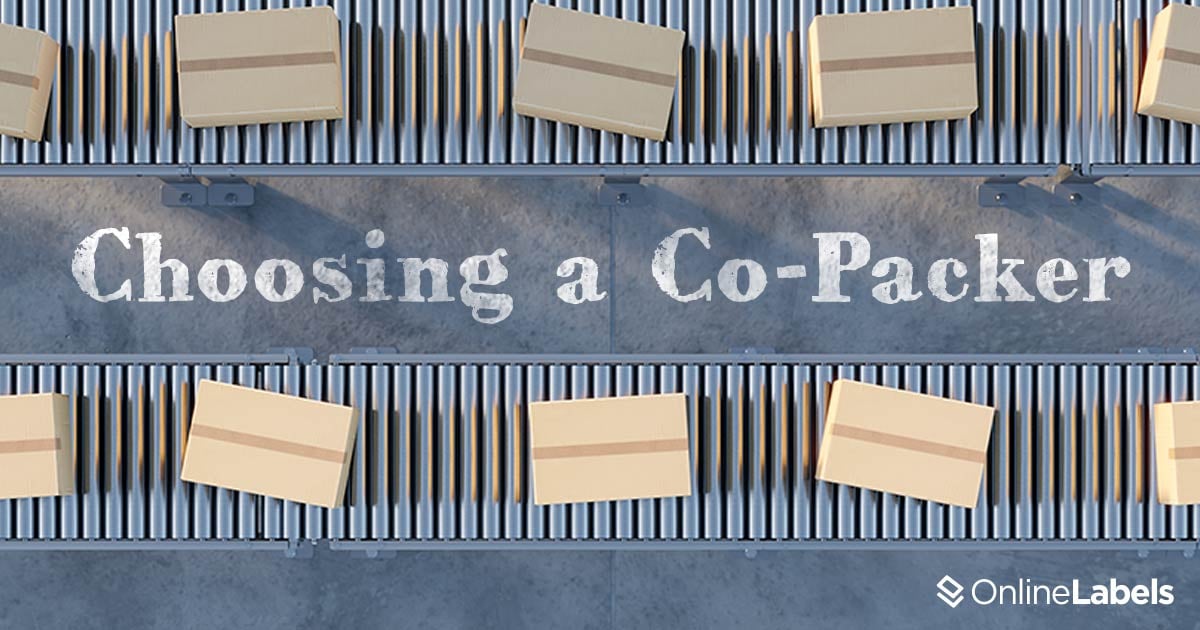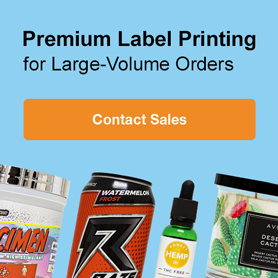What is a Co-Packer (And How to Choose One)

As an entrepreneur, you're often on the lookout for ways to streamline operations, improve efficiency and of course, save money. After all, these are the things that allow your business to grow! For businesses selling tangible products, working with a contract packaging partner, commonly known as a co-packer, comes in handy and poses a number of benefits with the greatest being cost savings.
Though co-packing services are most often utilized by food, beverage and cosmetic companies to assemble and package their goods, just about any product company can benefit from these services. When you work with the right co-packer, they not only become an essential extension of your business but they can help you scale like never before without having to take on additional equipment or staff.
To help you decide if you should take the next step and work with a co-packer, we'll explore what exactly a co-packer is, advantages to working with them and how to choose the right one for your business needs.
What is a co-packer?
A co-packer is a specialized company that provides manufacturing, processing and packaging services for businesses looking to outsource these aspects of their operations. Don't worry, you still have complete control over the core competencies of your business, such as product development, branding, processes, etc. Co-packers most commonly handle filling, bottling, sealing, assembling and labeling, however, many offer the option of manufacturing the product and then will ship it back to you for packaging and labeling. Whatever you want to use a co-packer for is totally up to you.
Co-packers typically have multiple partners they work with and not only have the equipment and facilities to efficiently serve their clients, but also the experience and expertise. They also have all of the necessary training and certifications for operating and managing these areas of your business.
What Are The Advantages?
Reduced Costs: Top notch equipment and facilities aren't cheap especially for new, small businesses just getting started. This type of equipment has to be regularly tested and insured. Personnel need to go through the necessary training to use it as well as maintain certifications for operating it.
Instead of your business investing in the special equipment and facilities, you can leverage the co-packer's infrastructure, using those funds for another area of your business.
The savings don't stop there—because co-packers have many clients, they're able to achieve economies of scale resulting in even more cost savings for your business.
Experience and Expertise: Co-packers typically specialize in particular industries, bringing their extensive knowledge and experience to the manufacturing and packaging process, making them the best fit for the job.
Efficiency: While your co-packing partner is taking care of your packaging (or whatever service you deem best for them to handle), you can be focused on your next marketing campaign or new product development.
Faster Turnarounds: Co-packers not only have the equipment, expertise and experience but they also have their processes, workflows and staff down pat. Depending where your co-packer is located, they can even be working a full day ahead of you. This all adds up to your products being ready to hit the market faster.
Scalability: Co-packers have the ability and resources to easily keep up with your product demand. As the business owner, you have complete control to scale operations up or down based on fluctuations in demand without having to invest in additional equipment or lay staff off.
How to Choose a Co-Packer
Now that you understand the co-packing process and its advantages, let's jump into some guidelines that can help you choose the right co-packing partner.
Define Your Needs and Budget
Create a list of the services you can no longer handle with your current resources. How are you currently fulfilling these operations? Are there any regulations or standards in your industry that must be met? How quickly would you like things turned around? Do you want to be the one to ship the final product off or can your co-packer handle that?
In addition to your needs, make sure you review your budget and establish a monthly (or annual) amount you're comfortable dedicating to a co-packer. According to Forbes, "Working with a co-packer ultimately saves you money on cost per manufactured unit, but can be expensive in the short-term. It can take thousands of dollars up front to launch an initial production run, but the costs vary depending on how much work you want the co-packer to take on (and how much control you want over the end product)."
Gather Recommendations and Compare
Although doing research online is reliable, there's nothing quite like a recommendation from another business owner you know and trust. If the people in your network haven't personally worked with a co-packer yet, try joining an online community of business owners in your area or attending industry events where you can connect and get referrals from like-minded individuals.
Although it's tempting to jump at the first few recommendations you receive, take your time in comparing and getting to know them. Co-packers handle important aspects of your business and should be one you're completely comfortable with.
Ensure They Take Quality Assurance and Regulations Seriously
When you begin to tour co-packers' facilities, take note of the way they store their ingredients and products, treat their staff and how up to date their equipment is.
Make sure to ask for the proper documentation and even go through a few test runs with them to ensure they are adhering to industry regulations and standards.
Location
If being able to pop in and check on operations from time to time is important to you, it's best to go with a co-packer that's close to your current facilities or office. Doing so can also help your relationship with your co-packing partner go and allow for further collaboration together.
If you'd like to take the next step in working with a co-packer or currently use one you're considering replacing, connect with one of our sales reps so we can guide you in the right direction.


